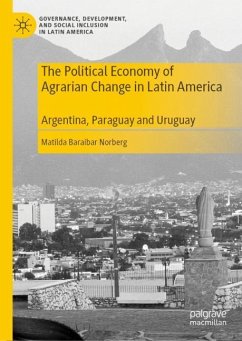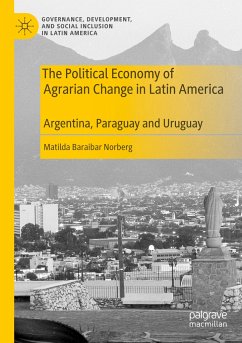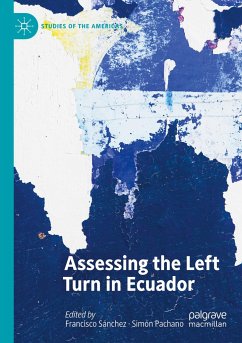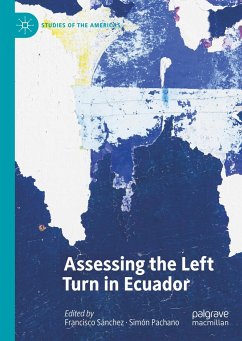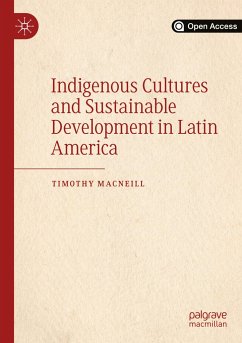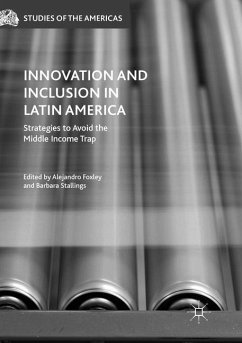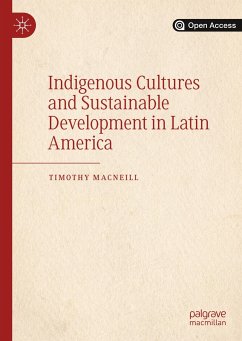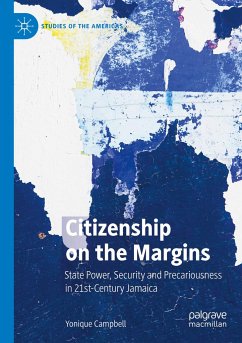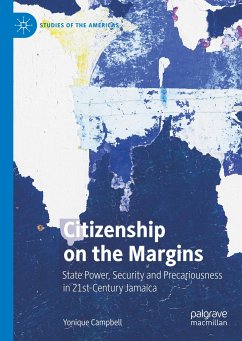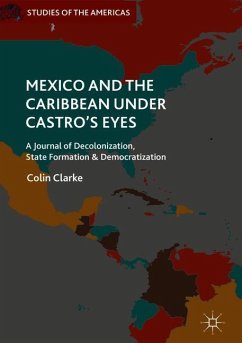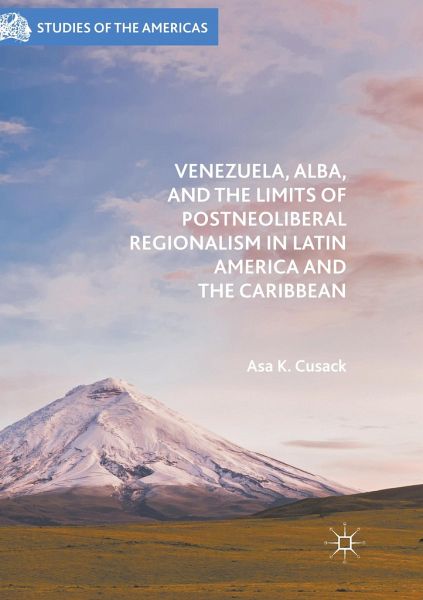
Venezuela, ALBA, and the Limits of Postneoliberal Regionalism in Latin America and the Caribbean
Versandkostenfrei!
Versandfertig in 6-10 Tagen
53,99 €
inkl. MwSt.

PAYBACK Punkte
27 °P sammeln!
This book provides a comprehensive analysis of the implementation, functioning, and impact of the Bolivarian Alliance for the Peoples of Our America (ALBA), cornerstone of Venezuelan foreign policy and standard-bearer of "postneoliberal" regionalism during the "Left Turn" in Latin America and the Caribbean (1998-2016). It reveals that cooperation via ALBA's regionalised social missions, state multinationals, development bank, People's Trade Agreement, SUCRE virtual currency, and Petrocaribe soft-loan scheme has often been hampered by complexity and conflict between the national political econo...
This book provides a comprehensive analysis of the implementation, functioning, and impact of the Bolivarian Alliance for the Peoples of Our America (ALBA), cornerstone of Venezuelan foreign policy and standard-bearer of "postneoliberal" regionalism during the "Left Turn" in Latin America and the Caribbean (1998-2016). It reveals that cooperation via ALBA's regionalised social missions, state multinationals, development bank, People's Trade Agreement, SUCRE virtual currency, and Petrocaribe soft-loan scheme has often been hampered by complexity and conflict between the national political economies of Ecuador, Dominica, St Vincent and the Grenadines, Antigua and Barbuda, and especially Venezuela. Shared commitments to endogenous development, autonomy within mutlipolarity, and novel sources of legitimacy are undermined by serious deficiencies in control and accountability, which stem largely from the defining influence of Venezuela's dysfunctional economy and governance. This dual dependency on Venezuela leaves the future of ALBA hanging in the balance.



